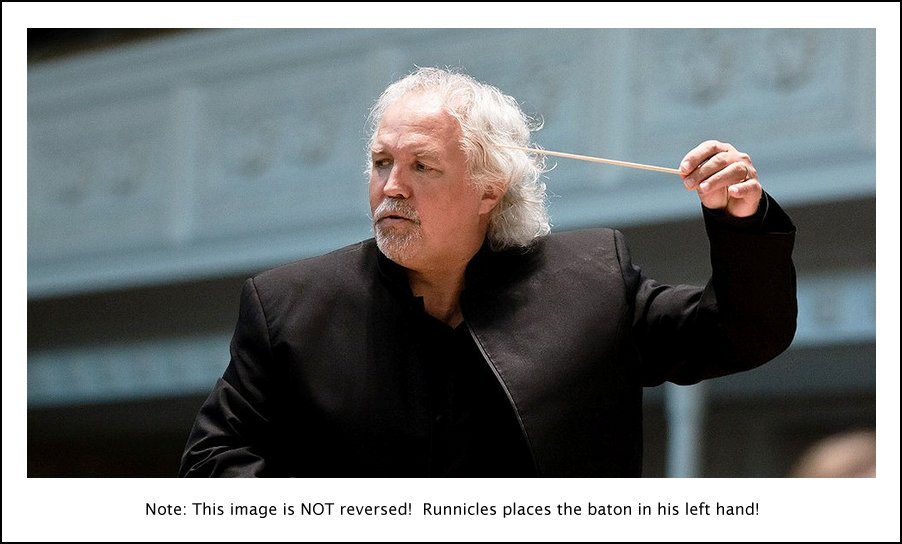

| Donald Runnicles is concurrently
[2016] the General Music Director of the Deutsche Oper Berlin (DOB),
Chief Conductor of BBC Scottish Symphony Orchestra (BBC SSO), and Music Director
of the Grand Teton Music Festival in Jackson, Wyoming, USA. Mr. Runnicles
is also Principal Guest Conductor of the Atlanta Symphony Orchestra (ASO).
Born and raised in Edinburgh, Mr. Runnicles literally returned home to take up the post as Chief Conductor of the BBC Scottish Symphony Orchestra (BBC SSO). He conducts five of the BBC SSO’s main series programs in the orchestra’s Glasgow home, and gives concerts elsewhere throughout Scotland and northern England. He also leads the BBC SSO in two programs at the London Proms each summer, and conducts them for the Edinburgh International Festival, Scotland’s premiere international music and theatre festival. Through its BBC Radio 3 broadcasts, commercially released recordings on the Hyperion label, and acclaimed concerts at home and on tour, “The BBC SSO / Runnicles” has become one of the best known and most successful conductor/orchestra partnerships in the United Kingdom. For seventeen seasons, Mr. Runnicles was Music Director of the San Francisco Opera (1992-2008), having unexpectedly won the job after conducting two Wagner Ring cycles due to the withdrawal of a conducting colleague in 1990. During his long tenure, he led more than sixty productions which included company, national and indeed international highlights such as the world premieres of John Adams’ Dr. Atomic and Conrad Sousa’s Les Liaisons Dangereuses, and the U.S. premieres of Olivier Messiaen’s Saint François d’Assise and Aribert Reimann’s Lear. Mr. Runnicles and the SF Opera made several commercial CD and DVD recordings and were seen often on national and international television. At the close of his tenure, he was given the San Francisco Opera Medal, the Company’s highest honor, previously given to luminaries such as Leontyne Price, Marilyn Horne, Plácido Domingo and Sir Charles Mackerras. [Throughout this page, names which are links refer to my Interviews elsewhere on my website. BD] Mr. Runnicles was born in Edinburgh and was educated there and at Cambridge. Following a season with the London Opera Centre, he began his career in Mannheim, Germany as repetiteur, and spent summers assisting in Bayreuth where he further honed and explored his Wagnerian disposition, and guesting throughout the German repertory theaters and orchestras. He made his North American debut in 1988 conducting Berg’s Lulu at the Metropolitan Opera, jumping in for an indisposed James Levine; in 1989 became General Music Director in Freiburg, Germany for three years, and to which he returned in 2010 to help honor and celebrate the Freiburg orchestra’s centennial. In 1990, after two Ring cycles at San Francisco Opera, he was asked to be its Music Director, and began the appointment two years later. Over the last two decades he has conducted at leading international opera houses, orchestras, and summer festivals including Bayreuth, Salzburg, Glyndebourne, Tanglewood and Ravinia. Long associated with the city of Vienna, he conducted many titles and performances for the city’s various theaters including new productions of Billy Budd and Die Tote Stadt at the Wiener Staatsoper, Vienna premieres of The Fiery Angel and Lady Macbeth of Mtsensk at the Volksoper, and most recently a new and acclaimed Vienna premiere of Benjamin Britten’s Death in Venice for the Theater an der Wien. Among the awards bestowed upon him are the Order of the British Empire (OBE) and honorary degrees from Edinburgh University, the San Francisco Conservatory of Music, an honorary doctorate from the Royal Scottish Academy of Music and Drama. -- Portions of a biography posted
on his official website (retrieved November, 2016)
|
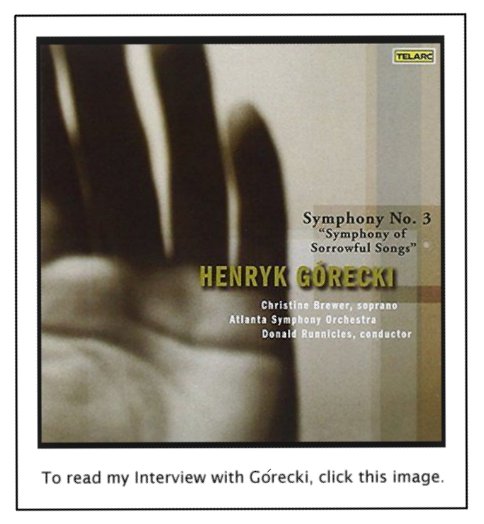 DR: It has certainly become more evenly divided
during the last six or seven years. I started conducting exclusively
orchestral concerts when I was a student. I worked with amateur orchestras,
and opera came later when I began to work professionally. Then I devoted
myself almost entirely to opera because it’s just the amount of time required
for opera productions. But I never lost sight of the symphonic repertoire,
and now I’ve been in the privileged position of being able to re-establish
more of a balance. I’d say it’s about sixty-forty in favor of opera.
DR: It has certainly become more evenly divided
during the last six or seven years. I started conducting exclusively
orchestral concerts when I was a student. I worked with amateur orchestras,
and opera came later when I began to work professionally. Then I devoted
myself almost entirely to opera because it’s just the amount of time required
for opera productions. But I never lost sight of the symphonic repertoire,
and now I’ve been in the privileged position of being able to re-establish
more of a balance. I’d say it’s about sixty-forty in favor of opera.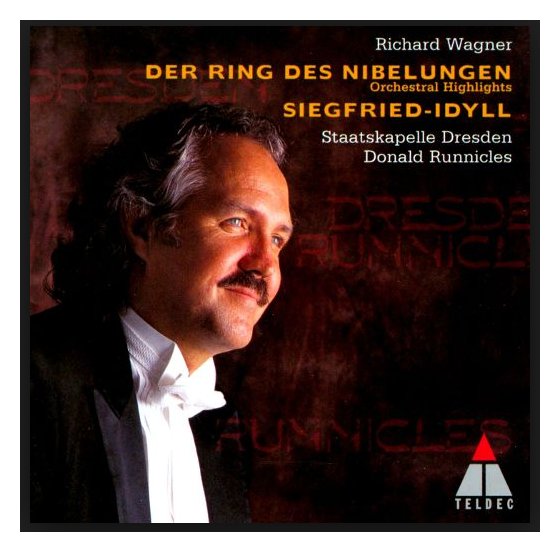 DR: I think Wagner
is certainly unique in his appeal, and also in the disgust that he tends to
invoke in people due to the fact that he was a megalomaniac. This man
was totally self-possessed and totally in his own world, where most of us
would love to be able to say, “What an idiot!”
And yet, this very so-called eccentric megalomaniac not only writes about
what he intends to do, but he actually achieves it. There’s always an
element of envy, I suppose, in any put-down of any art form or any colleague
or any artist, and Richard Wagner has been much maligned because many people
took exception to the fact that this man wrote what he intended doing, and
left no stone unturned until he had done it! It has to also be taken
as a special case because the alliterations of Wagner’s librettos are unique
to Wagner, and the fact that he took himself so seriously. These things
were actually read to his colleagues, who all sat in awe and probably had
little to say. The fact that he thought these were of great literary
merit was perhaps a little overdone, but they were so inter-winded and so
inseparable from the music. Even in the writing of the libretto of
his various operas — particularly the later ones like
the Ring — the
music is already there. Already, in reading the rhyme, in reading
the verse and the meter, you sense that the music is not far away.
That’s a unique marriage. I don’t think any of the Wagner librettos
are anywhere near Boito or Da Ponte, but in a sense, if they had been great
literary works as well, perhaps the whole thing would have been so overladen
that it really would have become just too rich, too mind-blowing. Somehow
that they complement so well that the final achievement, the point on which
we have to retrospectively look at the whole thing. The final result,
the product, is quite incredible.
DR: I think Wagner
is certainly unique in his appeal, and also in the disgust that he tends to
invoke in people due to the fact that he was a megalomaniac. This man
was totally self-possessed and totally in his own world, where most of us
would love to be able to say, “What an idiot!”
And yet, this very so-called eccentric megalomaniac not only writes about
what he intends to do, but he actually achieves it. There’s always an
element of envy, I suppose, in any put-down of any art form or any colleague
or any artist, and Richard Wagner has been much maligned because many people
took exception to the fact that this man wrote what he intended doing, and
left no stone unturned until he had done it! It has to also be taken
as a special case because the alliterations of Wagner’s librettos are unique
to Wagner, and the fact that he took himself so seriously. These things
were actually read to his colleagues, who all sat in awe and probably had
little to say. The fact that he thought these were of great literary
merit was perhaps a little overdone, but they were so inter-winded and so
inseparable from the music. Even in the writing of the libretto of
his various operas — particularly the later ones like
the Ring — the
music is already there. Already, in reading the rhyme, in reading
the verse and the meter, you sense that the music is not far away.
That’s a unique marriage. I don’t think any of the Wagner librettos
are anywhere near Boito or Da Ponte, but in a sense, if they had been great
literary works as well, perhaps the whole thing would have been so overladen
that it really would have become just too rich, too mind-blowing. Somehow
that they complement so well that the final achievement, the point on which
we have to retrospectively look at the whole thing. The final result,
the product, is quite incredible.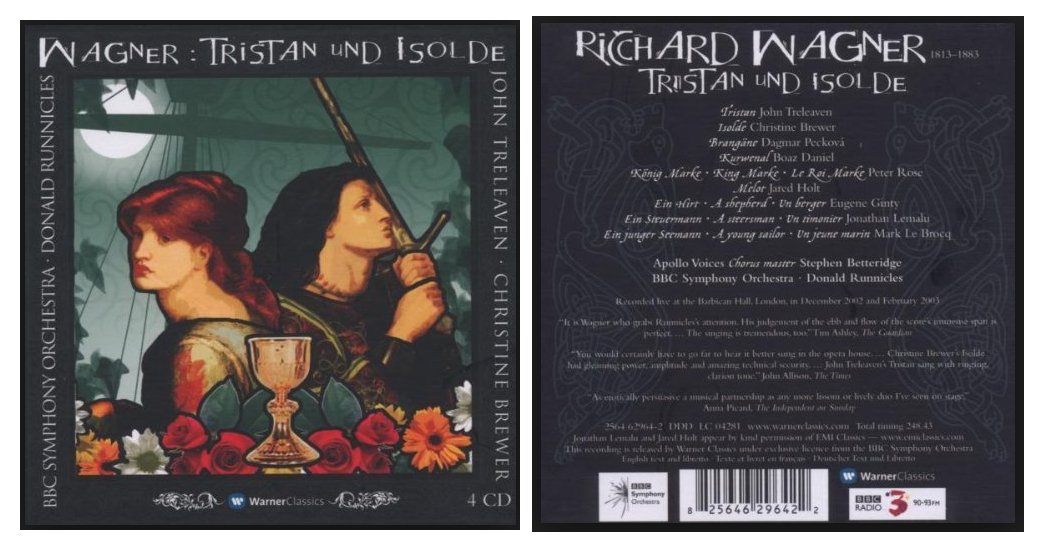
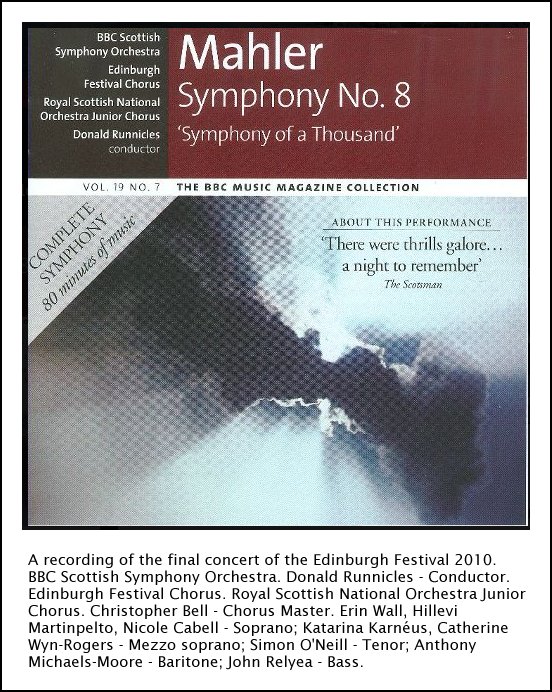 BD: Should it be done in Italian for American audiences,
or should it be translated, or do you like this new gimmick of the titles?
BD: Should it be done in Italian for American audiences,
or should it be translated, or do you like this new gimmick of the titles?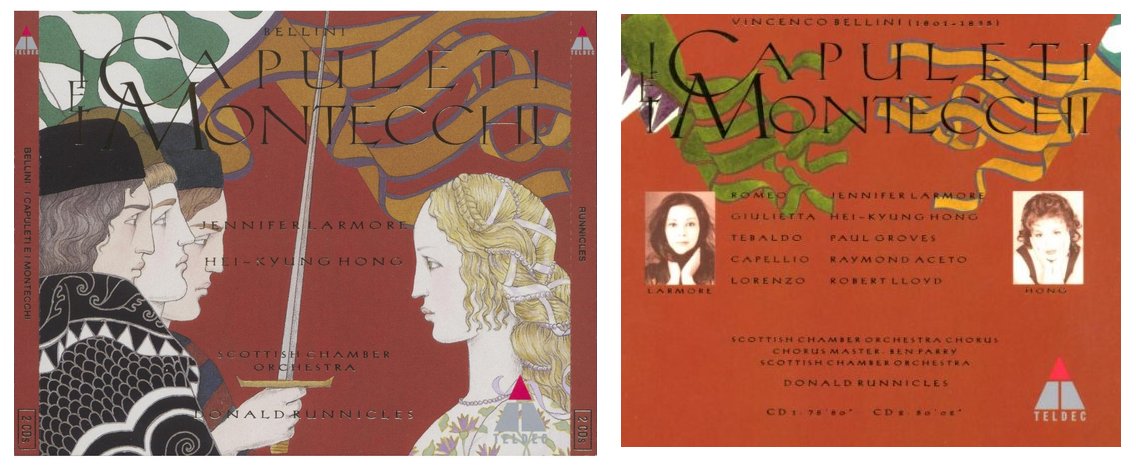
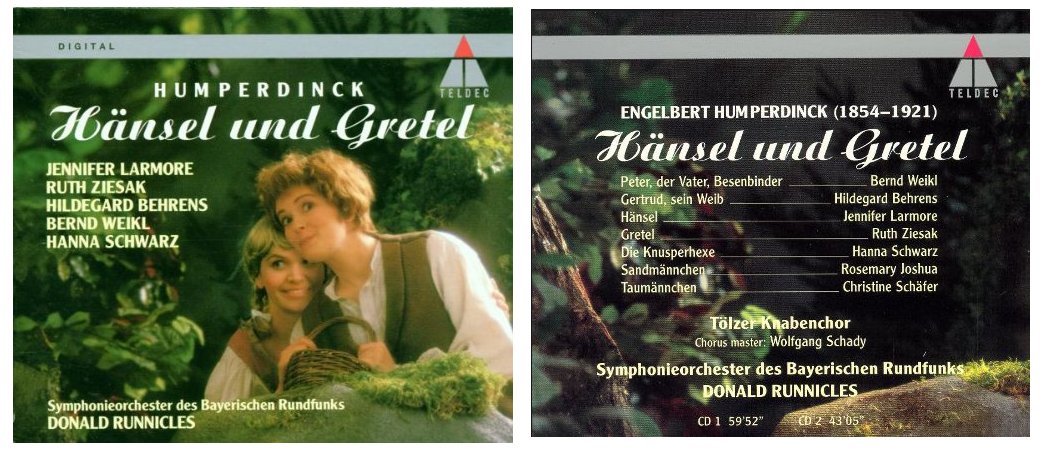
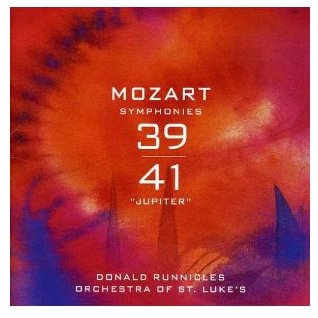 DR: It’s not normally a carte blanche situation very much.
If you’re Music Director of an orchestra then, of course, you usually have
first crack of the whip. As a guest conductor, one is approached by
the orchestra or the artistic administrator, and given a fair idea of what
is otherwise in the program for the year. The Music Director I am sure
will have already made his or her wishes clear, and then their task is to
find good repertoire which adds to the season, but at the same time shows
off the guest conductor in his or her best light — not
just because it fills the hall but also because the conductor feels good
about doing it. Personally I enjoy programs that are a little different.
Here in Chicago, there’s nothing adventurous about the Holst and the Mozart,
but I think they complement one another fairly well. I personally enjoy
doing contemporary music, and I enjoy including contemporary music in programs.
DR: It’s not normally a carte blanche situation very much.
If you’re Music Director of an orchestra then, of course, you usually have
first crack of the whip. As a guest conductor, one is approached by
the orchestra or the artistic administrator, and given a fair idea of what
is otherwise in the program for the year. The Music Director I am sure
will have already made his or her wishes clear, and then their task is to
find good repertoire which adds to the season, but at the same time shows
off the guest conductor in his or her best light — not
just because it fills the hall but also because the conductor feels good
about doing it. Personally I enjoy programs that are a little different.
Here in Chicago, there’s nothing adventurous about the Holst and the Mozart,
but I think they complement one another fairly well. I personally enjoy
doing contemporary music, and I enjoy including contemporary music in programs.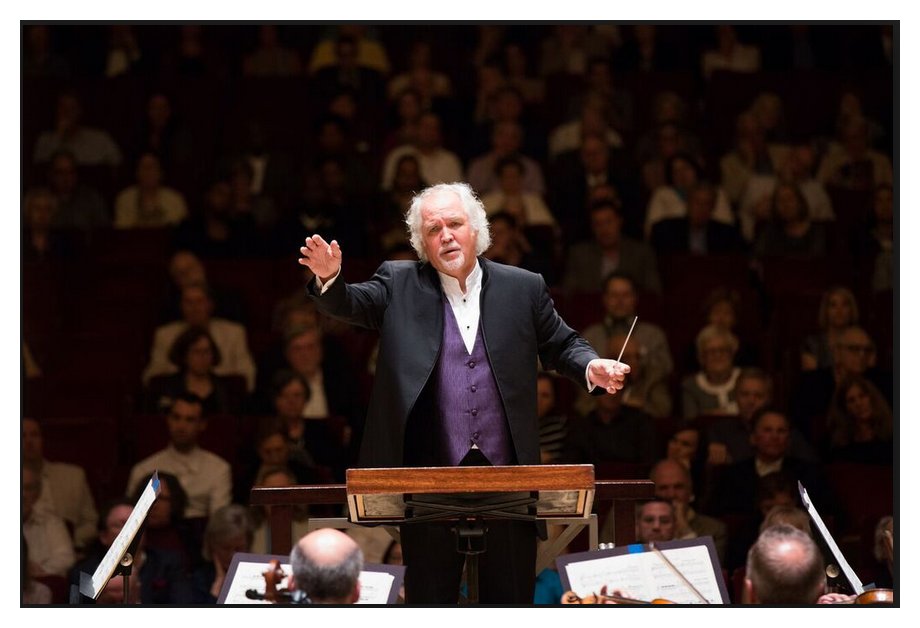
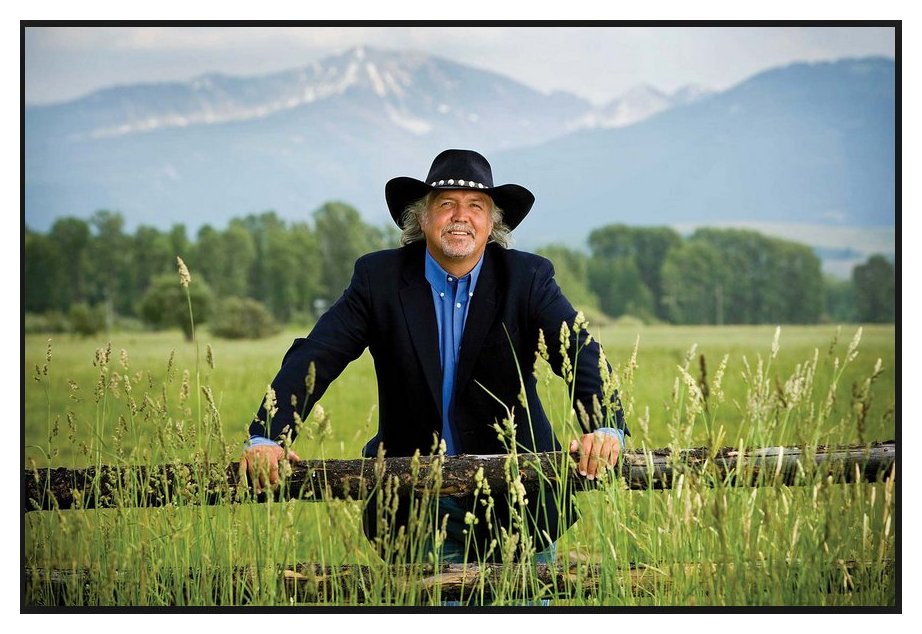
==========
========== ==========
--- --- --- ---
---
========== ==========
==========
© 1995 Bruce Duffie
This conversation was recorded in Chicago on May 1, 1995. Portions were broadcast on WNIB in 1998 and 1999. This transcription was made in 2016, and posted on this website at that time. My thanks to British soprano Una Barry for her help in preparing this website presentation.
To see a full list (with links) of interviews which have been transcribed and posted on this website, click here.
Award - winning broadcaster Bruce Duffie was with WNIB, Classical 97 in Chicago from 1975 until its final moment as a classical station in February of 2001. His interviews have also appeared in various magazines and journals since 1980, and he now continues his broadcast series on WNUR-FM, as well as on Contemporary Classical Internet Radio.
You are invited to visit his website for more information about his work, including selected transcripts of other interviews, plus a full list of his guests. He would also like to call your attention to the photos and information about his grandfather, who was a pioneer in the automotive field more than a century ago. You may also send him E-Mail with comments, questions and suggestions.